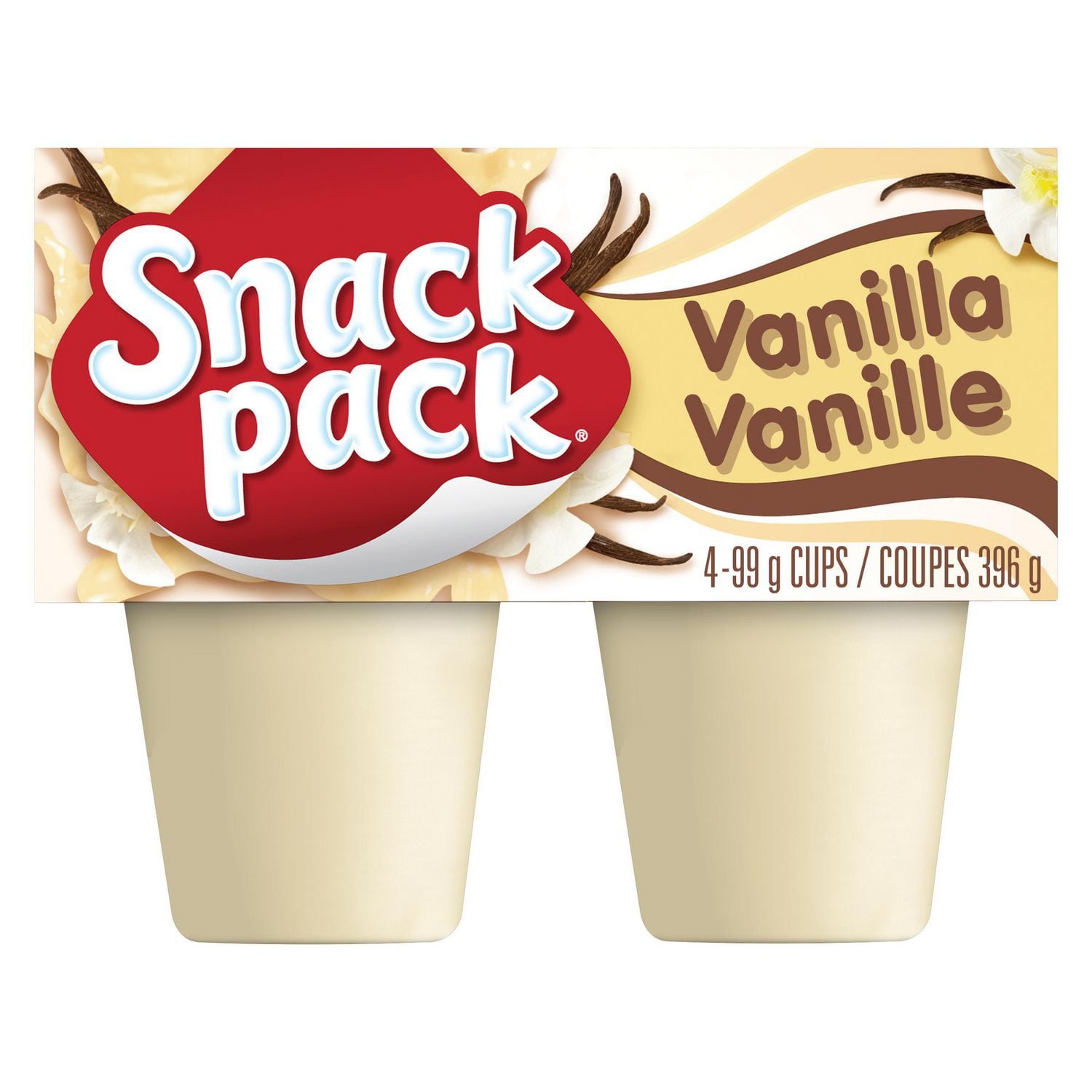I have starting subscribing to a new weekly educational research summary email / blog called Evidence Snacks. It is written by Peps McCrea, a UK based engineer turned teacher. What a swell pathway he took! He boils down educational and cognitive research into nice "snack sized" reads. I have also started reading his book Motivated Teaching, which is also very concise and a great read.
 |
| I seem to always think about Snack Packs when I read the title "Evidence Snacks" |
One of his posts that I reminded myself of this weekend is titled The valley of potential. He talks about when we implement a new routine or strategy we expect a linear path of growth. We expect it to work right away and slowly get more productive over time. In reality it is more of an exponential curve where we see little, or no, or even backwards progress at first and then the potential explodes once we get things going.
As we work our way into week 3 of our new semester with our new classes and routines, I think we need to be reminded of that curve right about now. I think this is the point where things might not be paying off yet and we are thinking about giving up. We need to remind ourselves that the routines and new strategies will pay off eventually, don't give up in the "valley of potential". If we persevere through this valley the dividends will pay off greatly, and soon.
Peps also wrote another Evidence Snack about routines in our classrooms titled Routines redeploy attention. He, and research, says that if we build habits / rituals / routines into our teaching that we can reduce the cognitive load on our students and free up their brainpower for thinking about the content instead of the task. This has really gotten me thinking about the first bit of the semester as routine building and classroom culture building instead of diving right into content. I think this links well to the principles of Building Thinking Classrooms in Mathematics book by Peter Liljedahl. Peter talks about a more specific strategies around thinking in a classroom but it is still centred around setting up the routine, making it predictable and then pushing the thinking.
In SNC1W this semester I spent the first week on non-curricular tasks and then the next week or two will be focused on the Earth and Space unit. I really like this structure, at least so far I do. The space unit is not content and information heavy and it allows me to spend time each day building routines along side the content. I also really like space and am hoping it can excite students into a love of science before we get into the weeds of atomic theory, electron transfer and food webs (to name a few).
Maybe this is the people that I follow and learn from or a good case of confirmation bias, but I like how I am getting a very similar message from many directions. Get students into a routine and comfortable enough so they will think and not be afraid to make a mistake. Then the learning really happens. I am also very excited to see what next snack Peps has in store, they are always a thought provoking and easy to digest read.
